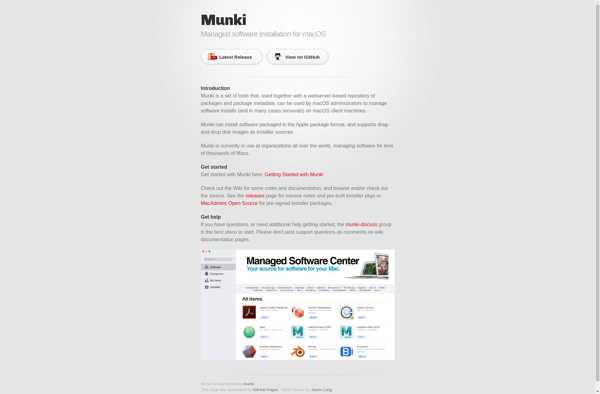Landscape
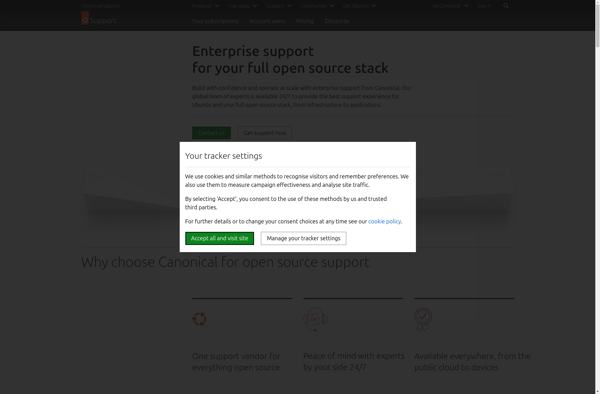
Landscape: Open Source Systems Management & Monitoring Tool
An open source systems management and monitoring tool by Canonical for deploying, managing, and monitoring Ubuntu servers, featuring auto-deployment, configuration management, and security updates.
What is Landscape?
Landscape is an open source systems management and monitoring tool developed by Canonical for deploying, managing, and monitoring Ubuntu servers. It provides a web-based interface to manage multiple Ubuntu machines as well as servers running other Linux distributions or cloud instances.
Key features of Landscape include:
- Automatic deployment and configuration of new systems
- Monitoring of system health and resources
- Centralized security updates
- User and access control management
- Integration with popular cloud providers
- Role-based access control
- REST API for integration and automation
Landscape aims to simplify systems administration by enabling IT teams to easily manage infrastructure at scale from a single interface. It can help reduce maintenance overhead and improve security compliance across an organization's fleet of Linux servers, whether on-premises, in the cloud, or in hybrid environments.
Landscape is provided by Canonical both as a hosted service or for on-premises deployment. Paid enterprise support subscriptions are also available. The core software is open source to allow customization as needed.
Landscape Features
Features
- Auto-deployment
- Configuration management
- Security updates
- Monitoring
- Managing Ubuntu servers
Pricing
- Open Source
Pros
Cons
Official Links
Reviews & Ratings
Login to ReviewThe Best Landscape Alternatives
Top System & Hardware and Server Management and other similar apps like Landscape
Terraform
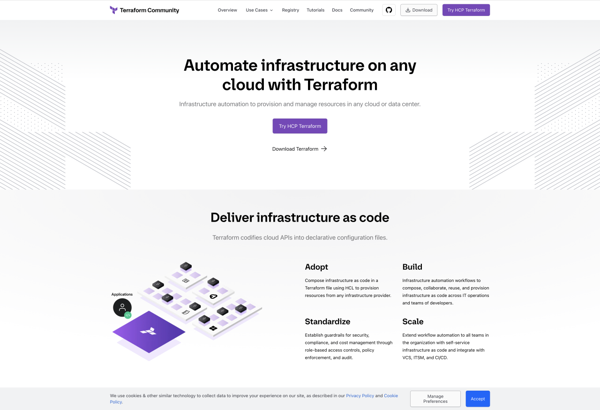
Ansible
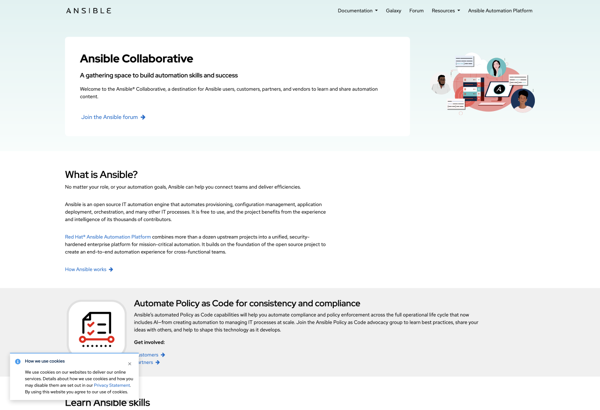
Puppet
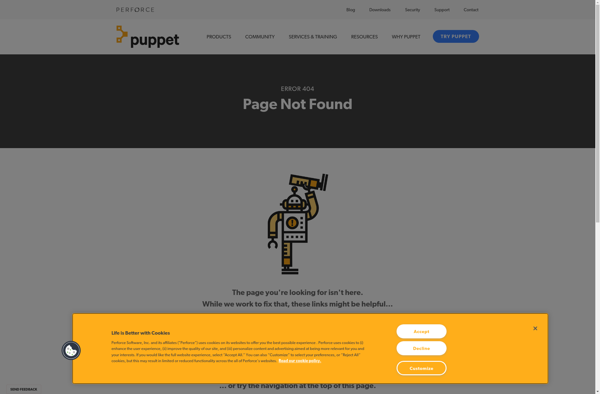
CPanel
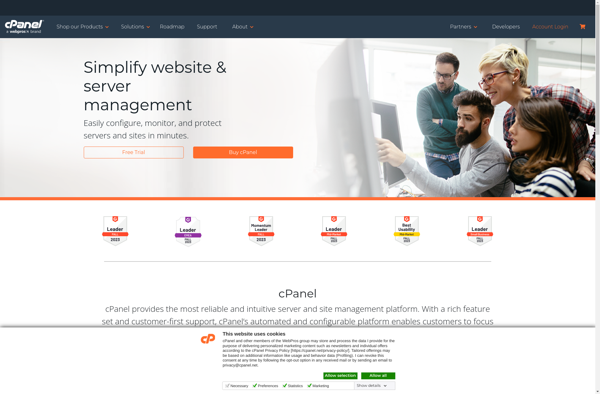
Webmin
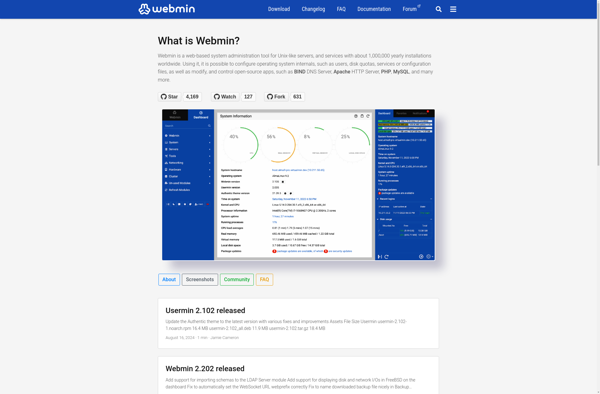
Plesk
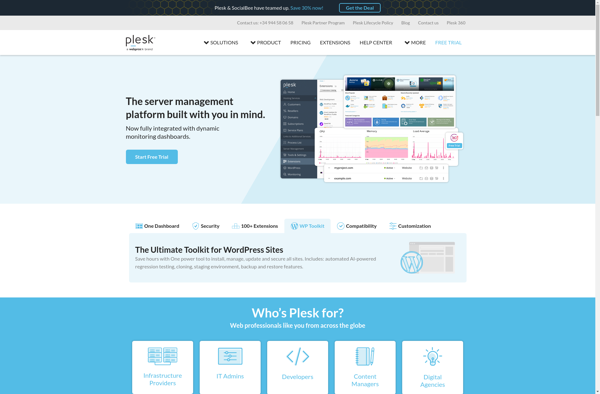
CyberPanel
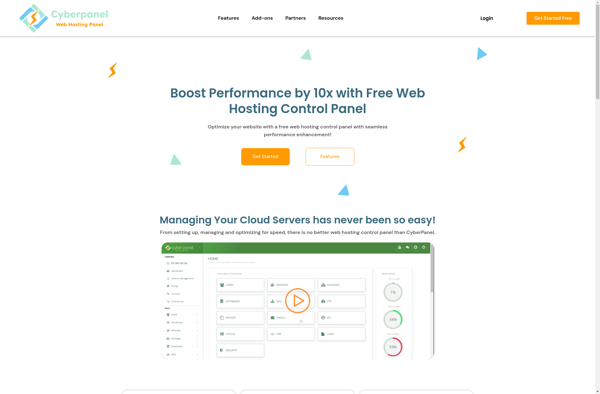
SpaceWalk
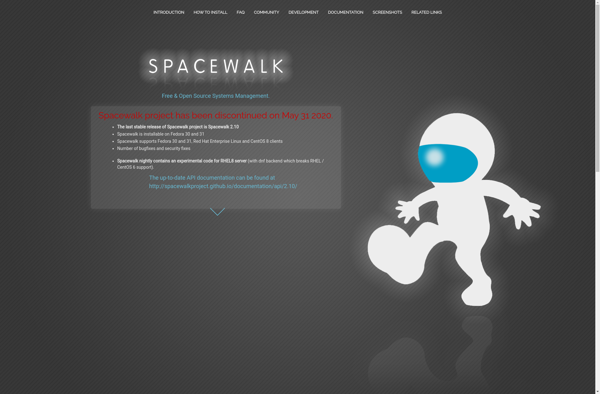
ClusterCS
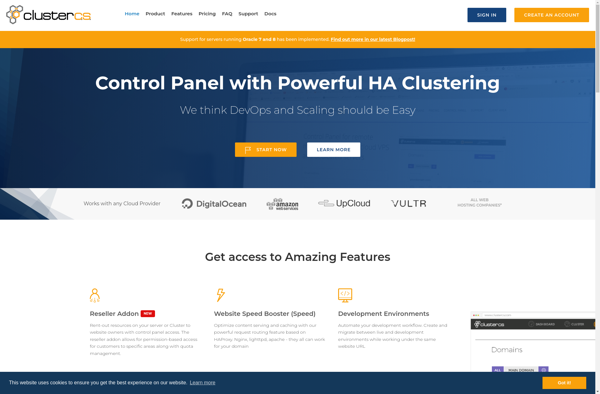
Ajenti
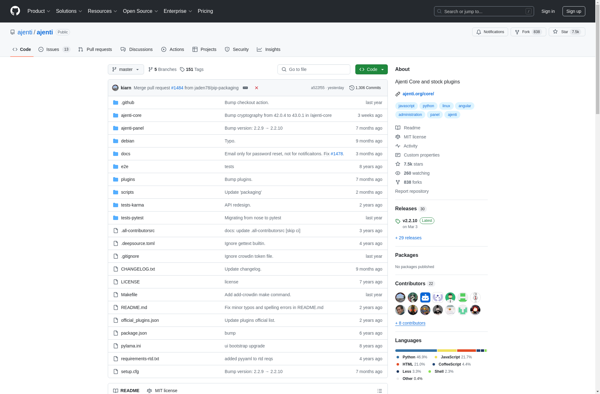
Cobbler
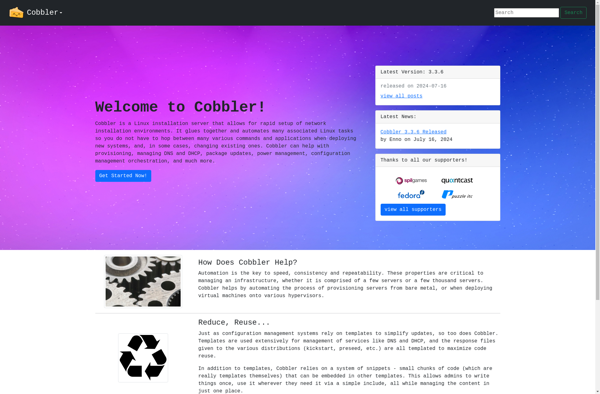
Munki
